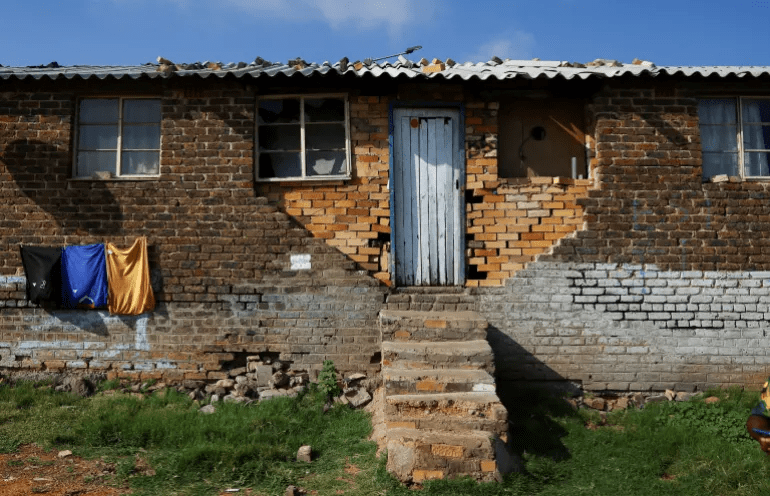
74-Year-Old Johanna Motlhamme Struggles Against Patriarchal Laws That Prevent Women from Owning Their Family Home In South Africa
Fiona Nanna, ForeMedia News
5 minutes read. Updated 9:46PM GMT Wed, 21August, 2024
For over a decade, 74-year-old Johanna Motlhamme has been battling to reclaim her family home, a fight that symbolizes the ongoing struggle faced by many Black women in South Africa. After her home was sold without her consent, Motlhamme and her four children were left without their rightful inheritance. This distressing situation is rooted in apartheid-era laws that systematically deprived Black South Africans of land ownership and continues to affect countless families today.
Motlhamme’s ordeal began in 1977 when she and her husband moved into a modest two-bedroom house in Soweto. Despite their marriage being in community of property, which should have granted her equal ownership, a combination of outdated laws and gender discrimination left her vulnerable. The Upgrading of Land Tenure Rights Act of 1991, designed to secure property rights for Black South Africans, unintentionally reinforced patriarchal norms by recognizing only men as property holders. This legislation, meant to correct racial injustices, instead perpetuated gender inequality, effectively excluding women from home ownership.
When Motlhamme’s ex-husband registered the house in his name in 2000, she was unaware that the law offered her no protection. After his death in 2013, his second wife sold the house, leaving Motlhamme’s family homeless. Legal experts, including the Socio-Economic Rights Institute (SERI), have condemned the law as discriminatory, and are currently assisting Motlhamme in her legal battle to reclaim her home.
The South African Constitutional Court acknowledged this gender bias in a 2018 ruling, declaring sections of the Upgrading Act unconstitutional. Despite amendments to the act, many women, like Motlhamme, continue to face legal hurdles in asserting their property rights. The prolonged court battles and evictions have become commonplace, especially in urban townships like Soweto, where social services are overwhelmed with similar cases.
This issue is not just about individual homes; it speaks to a broader systemic failure that has left many Black women in South Africa without legal recourse. SERI’s recent report highlighted the ongoing threat of homelessness for women and children, exacerbated by a legal system that continues to favor male primogeniture. The report also underscores the need for comprehensive legal reforms to ensure that women’s rights to property and security are recognized and protected.
As the South African government grapples with land restitution and reform, families like Motlhamme’s are growing increasingly frustrated. The slow pace of legislative change and the complexity of land tenure laws have left many in limbo. The proposed Deeds Registries Amendment Bill, which promises to streamline property recording, may offer some hope, but it is yet to be signed into law.
For now, Johanna Motlhamme and her children wait, hoping for a resolution that will allow them to reclaim their childhood home. Their story is a powerful reminder of the enduring impact of apartheid-era laws and the urgent need for gender-inclusive reforms in South Africa’s property rights framework.

